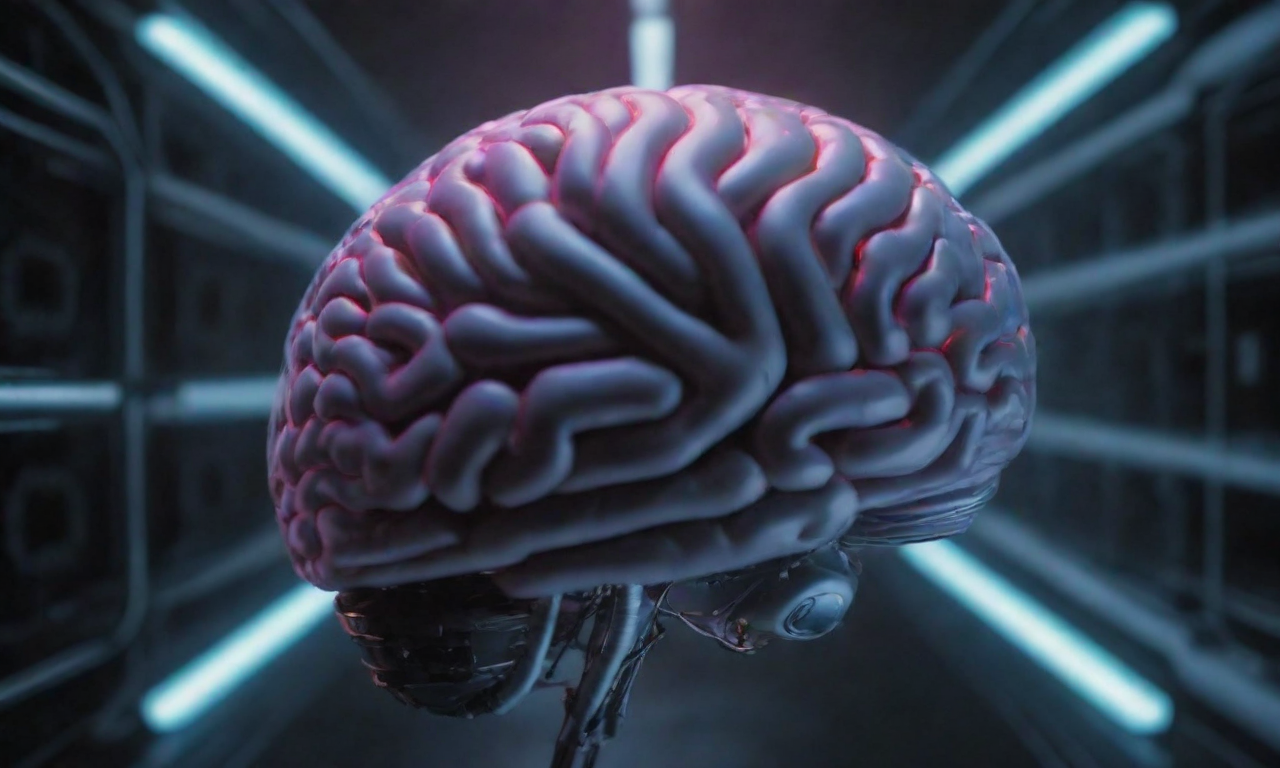By | Liu Yongmou(Research Fellow, National Development and Strategic Research Institute, Renmin University of China)
One
Bruno Latour is undoubtedly one of the iconic figures among contemporary French thinkers. His latest book, "Pandora's Hope: Essays on the Reality of Science," is one of three recently published in China. The main theme of the book, as the subtitle suggests, is "the reality of science." However, this book is not a new work; the original version was published in 1999 and is based on seven articles written by the author between 1993 and 1998, which are important works that establish Latour's academic position.At that time, the "science wars" were in full swing, attracting global attention, and this book responded to the great debate of the century and gained considerable attention. Because the book is narrated with anthropological and historical scientific examples, its content is not obscure, and the translation is clear and fluent, making it highly readable.Since the 1970s, the anti-science movement has emerged in Western society and has developed into a huge force after 20 years of brewing and development, occupying the main lecterns of famous universities. Latour's team, which includes the sociology of scientific knowledge and the philosophy of science, is a main force in the anti-science camp.Faced with various voices against science, some thinkers and scientists who support science fiercely criticized the anti-science movement in the 1990s, triggering a wide-ranging debate lasting for about ten years through conferences, articles, books, and media programs. This is what later became known as the "science wars."On the anti-science side, they believe that science is no longer a selfless and sacred pursuit of truth, but a tool and accomplice in collusion with politics, powered by money, and subject to the control of sponsors, cruelly dominating nature. In the eyes of those who support science, the anti-science camp simply does not understand science and is completely ignorant even of the basic knowledge of science. They are ignorant, extremely naive, and even maliciously use ideology and feudal superstition to defame, discredit, and undermine science and reason.In the "science wars," Latour was classified as being on the side against science. However, he considers himself a "loyal ally of scientists," so he poses the question at the beginning of this book, "Why have we been classified as being on the opposite side of scientists?"Two
After some reflection, Latour arrived at two conclusions: First, the reason for the "science wars" is that the division of labor in universities has formed two ideological camps—on one side, there is an emphasis on the objectivity and precision of cognition, and on the other side, there is a preference for humanity, morality, emotions, and rights. Second, he belongs to a third party, as both camps adhere to the position of "science 1", whereas he holds the new position of "science 2" and opposes both the "anti-science side" and the "pro-science side."Science 1 refers to "capital S science" that views science as a human cognitive activity that is an object of knowledge of the external world. In contrast, science 2 rejects the subject-object dichotomy and views science as a research activity.According to the new concept of science 2, the world is not an object waiting to be known in relation to the subject, but a world in which science exists and the world exists within science. Various heterogeneous factors, such as nature, society, and cognition, together constitute a complex cognitive network of science. Scientific research encounters a heterogeneous world, in which not only humans act but also non-human agents act.However, science 1 denies the subjectivity of non-human agents and views them purely as objects, while science 2 must address the injustice suffered by non-human agents. "Non-human beings are born free but are everywhere in chains." Therefore, science 2 emphasizes the study of the actions of things, which Latour also refers to as the "turn to things" in the philosophy of science.
According to Latour, science 1, which adheres to the ideals of modernity, has never been successful, so "we have never been modern."
Latour states, "How do we know that modern people realize that they have never been modern? Because they not only fail to separate facts from fictions, but also fail to separate theoretical separation from practical reconciliation. They endlessly and obsessively mend, repair, and overcome these fragmented pieces. They use everything at their disposal to demonstrate that subjects and objects should be harmonized, repaired, transcended, and abolished."
In other words, Latour believes that the core of modern practice, symbolized by science, lies in translating practice and purifying practice. The former aims to mix nature and culture, while the latter aims to distinguish between humans and non-humans. However, modern practice has never truly achieved its modernity goals, but instead continuously leads to the proliferation of hybrids.
Some argue that Latour's target is not science itself but the traditional "capital S view of science," and this interpretation is not entirely unreasonable. Indeed, he does not say that science is the "villain," but he questions science primarily from an epistemological rather than a value standpoint. However, his hostility towards science cannot be denied.
Three
Latour's strong defense is reminiscent of the "Science and Metaphysics Debate" in China in 1923. In the "Science and Metaphysics Debate," the metaphysical faction believed that science could not solve the problem of the meaning of life and that traditional culture was more valuable than science. On the other hand, the scientific faction believed that only science could truly benefit the nation and opposed placing hope in traditional culture.
In contrast, the third faction, represented by Chen Duxiu, firmly believed that only by converting to Marxism and adopting a dialectical materialist worldview could China's problems be fundamentally solved. Both science and traditional culture are incapable of resolving the fundamental problems of China.








